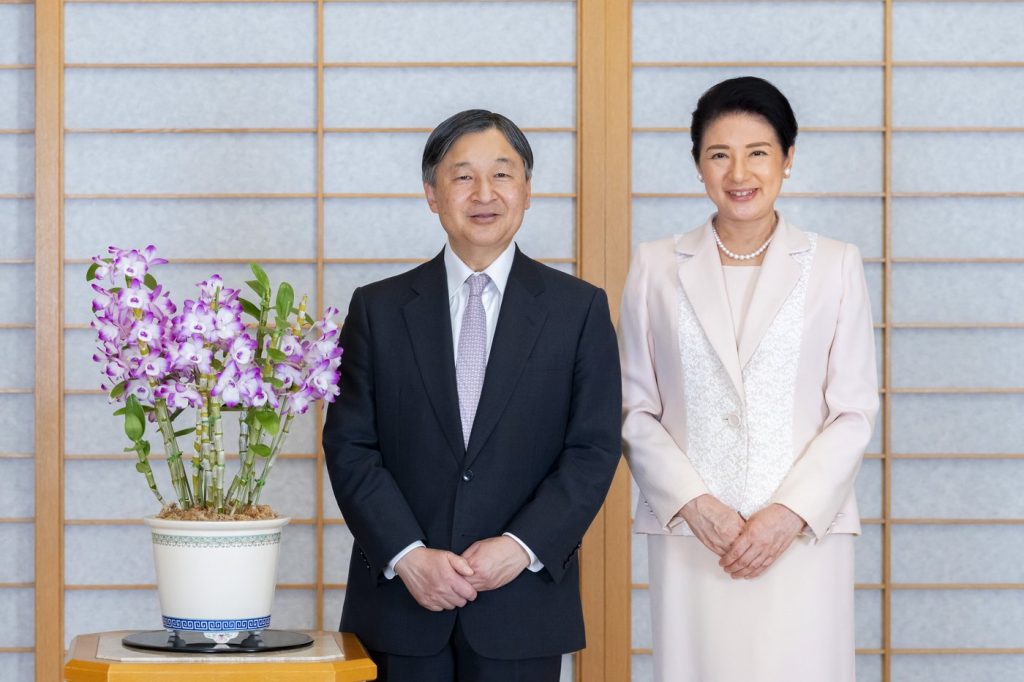On February 23, 2025, Japan's Emperor Naruhito celebrated his 65th birthday, emphasizing the critical need to relay the experiences and tragedies of World War II to younger generations. In a news conference, the emperor highlighted the importance of encouraging a deeper understanding of history, particularly as the world commemorates the 80th anniversary of the war's conclusion this year.
During his remarks, Naruhito acknowledged that as time passes, the firsthand accounts from those who lived through the war are becoming increasingly rare. He lamented the fact that many individuals who experienced the war and its aftermath are aging, making it challenging for the youth to gain insight from their stories. Naruhito articulated that it is vital for the tragic narratives of the past to be preserved and communicated to those who have no direct knowledge of the conflict.
Accompanying his wife, Empress Masako, their daughter Princess Aiko, and some family members from his younger brother, Naruhito waved to well-wishers from the balcony of the Imperial Palace in Tokyo. He was set to continue the birthday celebration with a banquet at the palace later in the day.
Emperor Naruhito's reflections come in the context of the legacy left by his grandfather, the late Emperor Hirohito, under whose reign World War II was fought. Born after the war, Naruhito and Empress Masako have been influenced by their parents' stories regarding wartime experiences and their commitment to peace. His father, Emperor Akihito, who abdicated in 2019, was particularly known for his dedication to reconciling Japan's wartime history, and Naruhito expressed his intention to follow in his footsteps.
This call for remembrance and education is particularly poignant for survivors of the atomic bombings in Hiroshima and Nagasaki, which took place in August 1945. These survivors, known as hibakusha, have expressed concerns over minimal progress in global nuclear disarmament and a rising reliance on nuclear deterrence as a security strategy. The hibakusha have voiced hopes that their organization, Nihon Hidankyo, receiving the Nobel Peace Prize for their efforts in nuclear disarmament would heighten awareness among the younger generation, ensuring that the lessons and horrors of the past are never forgotten.
Looking ahead, it is anticipated that Emperor Naruhito and Empress Masako will visit Hiroshima and Nagasaki this year, paying tribute to the victims of the atomic bombings. They also plan to commemorate the experiences of those who suffered during the Battle of Okinawa, regarded as one of the war’s most brutal confrontations. This initiative underscores the imperial couple's commitment to fostering a greater understanding of Japan's past and a continuous pursuit of peace for future generations.










